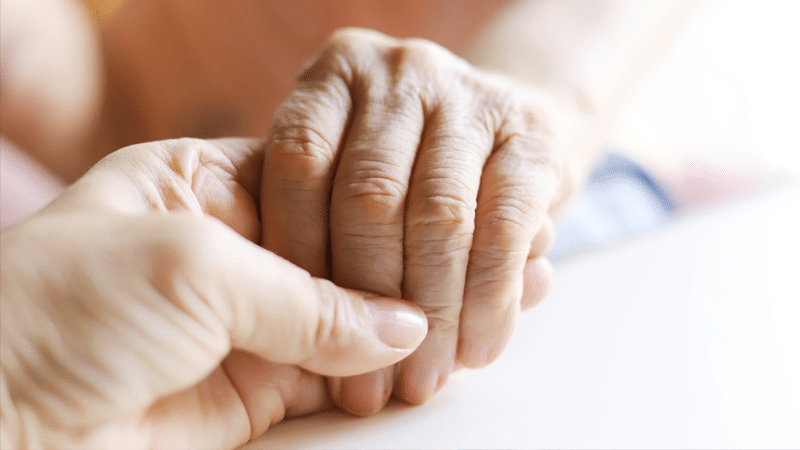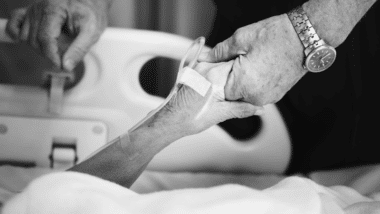MPs from across the political spectrum have spoken out against legalising assisted suicide during a debate in Parliament’s Westminster Hall.
In response to a petition calling for a vote on the issue, several MPs highlighted that in countries which have already changed the law, ‘safeguards’ have been eroded and overall suicides have increased, as has the number of people requesting to be killed for fear of being a burden.
Many MPs spoke out against assisted suicide just two years ago, while the most recent legislation in the House of Commons was defeated by 330 votes to 118.
‘Precious’
DUP MP Carla Lockhart emphasised that vulnerable people do not need “the law telling them that their lives are not worth living or that they are costing too much. We need to tell such people that they are valued, that they are important, and that we care for them—no matter the cost”.
She added: “By investing in social care, by continuing to be a world leader in palliative care, and by being a society that respects life and upholds the dignity of the elderly and of people with disabilities, we can give hope to the hopeless and create a society where assisted suicide is not needed.”
Conservative MP Nick Fletcher emphasised that life is “God-given and precious”, and the “thought of killing someone just because they are old or in poor health makes me feel desperate for the state of our society”.
‘Burden’
Labour MP Sir Stephen Timms stated: “It seems to me that legalising assisted dying would impose a terrible dilemma on frail people, elderly people and others when they are at the most vulnerable point in their lives, especially on conscientious frail people who do not want to die but do not want to be a burden.”
Conservative MP Dr Thérèse Coffey agreed, highlighting that the “evidence of the acceleration that has happened around the world shows exactly why we should not change the law. In Washington state in 2009, a quarter of people applied because they thought they were a burden. That rose to 59%.”
She added: “People in this House have put forward the view of Matthew Parris that it is perfectly rational to say that you are a burden, and that you should potentially end your life. No one should feel such a burden on their family, their friends and society that they should end their life early.”
In response to the debate, Parliamentary Under Secretary of State for the Ministry of Justice Laura Farris reported that the Government remains “neutral” on the issue and that changing the law in such a situation is “typically achieved through a private Member’s Bill”.
Palliative care
In February, the House of Commons Health and Social Care Select Committee starkly outlined the many dangers of legalising assisted suicide but failed to oppose a change in the law.
The Committee examined evidence from jurisdictions that have legalised the practice, as well as looking at palliative care in the UK.
In response, the Government refused to follow the Committee’s recommendation to explore the potential impact of any UK nation or Crown Dependency legalising assisted suicide, claiming there would be time to do so if such a situation occurred.
But the Government did acknowledge the importance of a “a more consistent national approach and supporting commissioners in prioritising palliative and end-of-life care”.
Netherlands: Physically healthy young woman scheduled to die by euthanasia
Scottish Parliament must avoid perceived ‘bias’ over assisted suicide Bill
Belgium: Insurance boss backs euthanasia for elderly to save money



